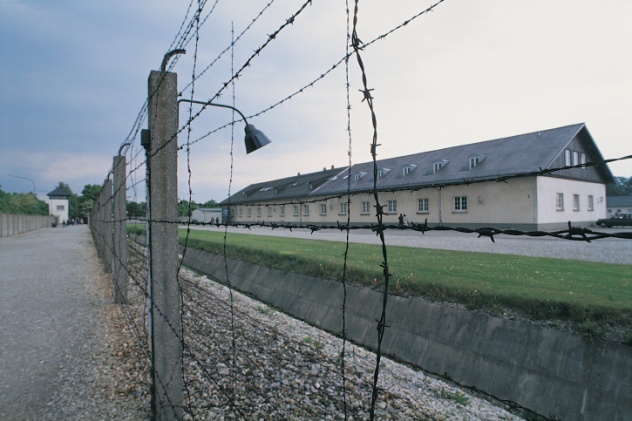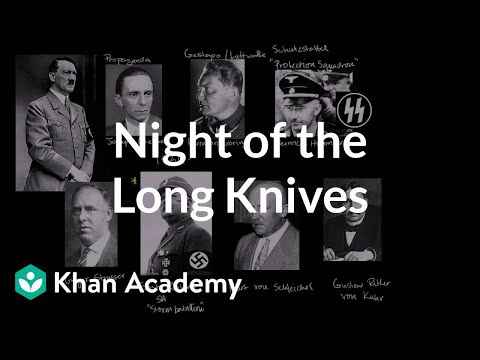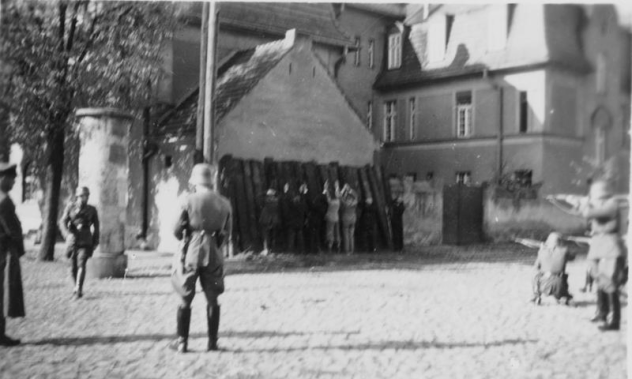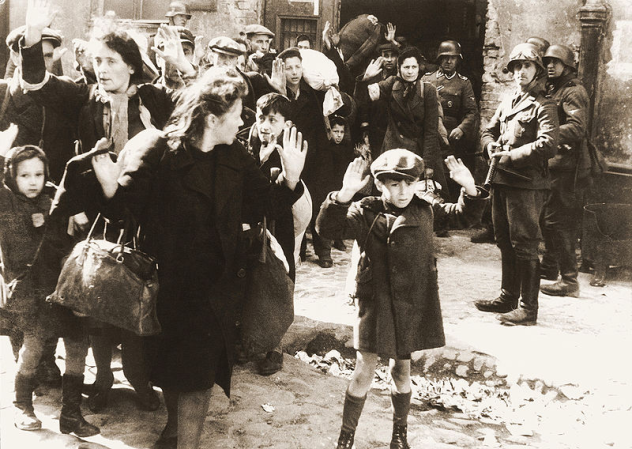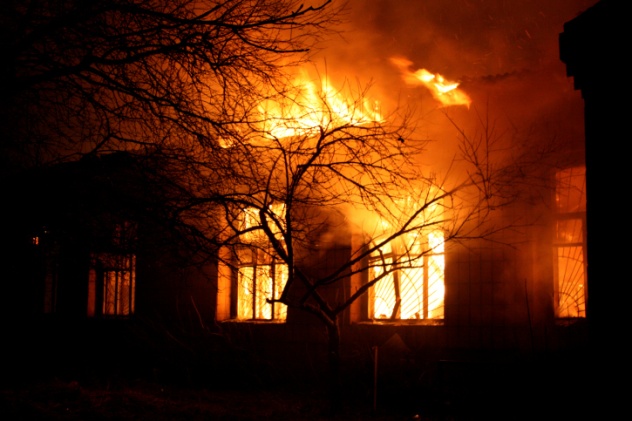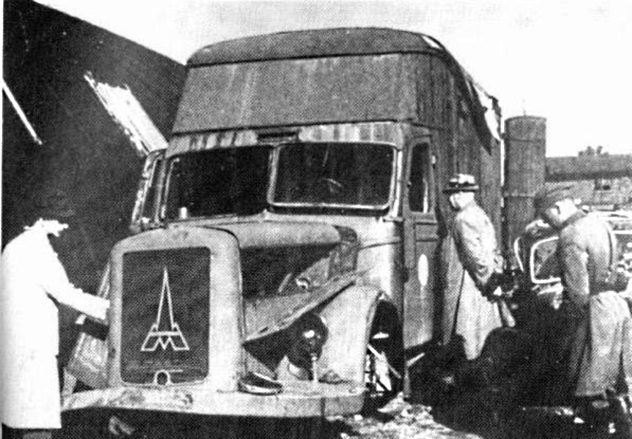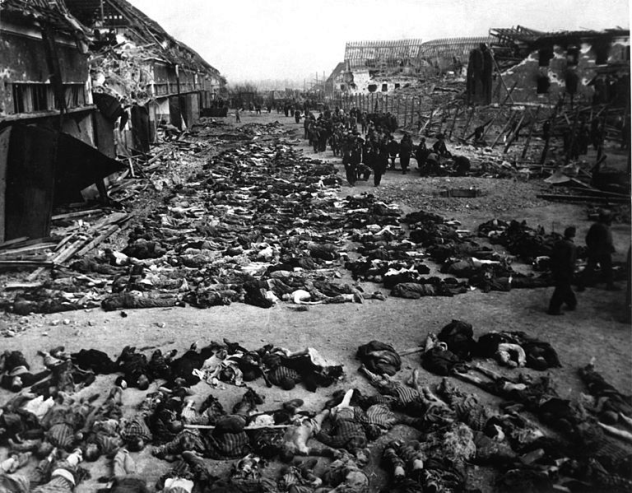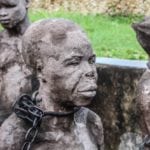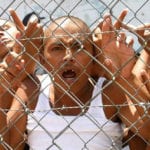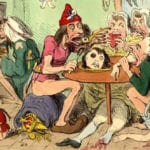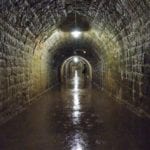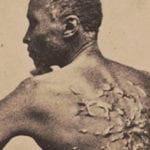Originally, it was a small group of eight men who were essentially bodyguards, but slowly, their importance within the party grew. As their power and numbers swelled, so did their brutality. By the end of World War II, when the SS was more than 580,000 strong, they were killing thousands of people daily.
10 Torturing Political Prisoners
The first concentration camp established by the Nazis was in Dachau, Germany, before the onset of World War II. It became well known after the war because of the medical experiments performed there. However, in March 1933, this house of horrors was a holding site for German political prisoners, not Jews. Hitler had become Germany’s chancellor a few months earlier, and speaking out against him was now a capital crime. Approximately 4,800 prisoners were held at the SS-guarded Dachau concentration camp that year, many of which were communists, socialists, and democrats. Without a trial, the political opponents were either imprisoned or executed in the concentration camp. The murder of prisoner Sebastian Nefzger, just a few months after the camp opened, prompted a very public investigation by one of Munich’s public prosecutors. After unfavorable findings, Hitler ordered that the concentration camp would no longer fall under judicial oversight and that the SS would be solely in charge of its affairs. This, of course, meant there would no longer be any investigations into the deaths that happened at Dachau, and the SS would have the ability to kill prisoners without question. The new regulations for Dachau stated that prisoners who didn’t follow the rules would be beaten and that anyone who tried to escape would be executed on the spot. These regulations became standard for all subsequent concentration camps.
9 The Night Of The Long Knives
Shortly after the SS was established, their reputation for being heartless thugs that carried out the dirty work of Nazi leaders began to take shape. As early as 1921, when he became the leader of the National Socialist German Workers’ (Nazi) Party, Hitler was already encouraging his followers to act out violently against his political opponents. Watch this video on YouTube By April 1934, Himmler, already leader of the SS, had also been named the head of the Geheime Staatspolizei, or Gestapo, a secret state police organization. In that role, he was charged with tracking down and arresting Hitler’s opponents, but he wasn’t just looking outside of the Nazi party for enemies. Himmler also turned his attention to people that were seen as threats within the party, particularly those in the paramilitary organization known as the Sturmabteilung (SA). The SS was originally an offshoot of the SA, but by 1934, the SA was far too independent, and potentially powerful, for Hitler’s liking. In an effort to further consolidate control under Hitler, the decision was made to eliminate his opponents. Chief among them was the head of the SA, Ernst Rohm. In an operation orchestrated largely by the SS, from June 30–July 2, 1934, people who were considered to be opponents were rounded up and eliminated. In total, more than 85 murders were carried out (although hundreds are likely), most of which were done by members of the SS. This three-day killing spree came to known as “The Night of the Long Knives,” in reference to the ancient Saxon surprise attack and massacre of the Britons.
8 The SS Einsatzgruppen’s Destructive Polish Campaign
The top concern for the SS was annihilating anything and everyone that was considered a threat to the Nazis. One way they did this was with the Einsatzgruppen. The SS Einsatzgruppen was a paramilitary task force that was formed in 1938, when Austria and parts of Czechoslovakia were being annexed and occupied by Germany. At first, the Einsatzgruppen served primarily as a support group for the military, but that all changed with the invasion of Poland in 1939. When the Polish Campaign began, roughly 3,000 men in the Einsatzgruppen were organized into six units. Their purpose was to eliminate Jewish people and any Polish political opposition that remained after German troops overran an area. From September 1–October 25, 1939, the Einsatzgruppen were responsible for more than 16,000 deaths and the destruction of over 500 towns in Poland. In the first few weeks of the Polish invasion alone, there were 10,000 arrests. Though trials were originally held, Reinhard Heydrich, the commander of the SS intelligence service Sicherheitsdienst (SD), ordered that people be shot or hanged without trial. His reason—the killings weren’t happening quick enough. The Einsatzgruppen mostly shot people whom they deemed to be the opposition, but there are records of hundreds being burned alive in synagogues. The killings were so brutal that German army commanders complained about the Einsatzgruppen’s activities.
7 Establishing The Generalgouvernement
When Germany invaded Poland in 1939, it launched World War II and gave the Nazis more territorial control. Poland was split into three regions, and the central region became known as Generalgouvernement. From the very beginning, Generalgouvernement was meant to be a place where the SS could carry out some of its worst atrocities against the Jewish people. Although Hans Frank was the governor-general of Generalgouvernement, it was SS-Obergruppenfuehrer Friedrich Kruger who actually ran the region. He, his SS underlings, and the police forces they controlled were there to carry out the Nazis’ racial policies. They also used the 12 million people living within the Generalgouvernement as cheap labor. Nothing but complete obedience was acceptable. If the Polish opposition killed a German, the SS would publicly execute 50–100 Poles. The SS also carried out mass killings and arrests simply to send a message and to keep the opposition stifled. Many Polish institutions were destroyed, art and historic artifacts were stolen, and their financial institutions were usurped. The Germans even controlled the food sources and left the Poles with barely enough food to survive. But the situation was far worse for Jewish Poles. Shortly after the invasion, their property was taken, and they were forced into slave labor. Three years later, many were sent to nearby extermination camps, where the vast majority of them were killed.
6 The Night Of Crystal
Kristallnacht, also known as the Night of Crystal or Night of Broken Glass, was a bloody, two-day uprising that was orchestrated by Nazi officials and the SA. On November 9, 1938, local Nazi offices across Germany, Austria, and Sudetenland, in Czechoslovakia, received orders that a “spontaneous” pogrom would take place. “Pogrom” is a Russian term that describes rioting and attacks against Jews by non-Jews. The orders for the pogrom included not harming non-Jewish Germans and foreigners, removing synagogue archives before destroying the building, and bringing the archives to Secret Service officials. Firefighters were directed to stand by while Jewish synagogues and businesses burned to the ground and to only intervene if the fire looked like it could spread to Aryan properties. The local police were also told to arrest as many healthy, young Jewish men as possible. In the two days of the Kristallnacht, 267 synagogues were destroyed, hundreds more were damaged, over 7,500 Jewish businesses were vandalized, at least 91 Jews were murdered, and countless rapes were noted in police records. During Kristallnacht, the SS and Gestapo arrested over 30,000 Jewish men and incarcerated them in concentration camps, where hundreds ultimately died. It was the first time the Nazis conducted a mass incarceration based on ethnicity, but it wouldn’t be the last. Kristallnacht was the excuse the Nazis needed for beginning the process of emigrating Jews out of Germany and transferring their property to Aryan individuals. To add insult to injury, German officials publicly announced that the Jewish community was to blame for the pogrom and fined German Jews the equivalent of $400 million. The Third Reich also seized insurance payouts from the Jewish homeowners and business owners who suffered property damage during the event.
5 Kidnapping And Germanization Of Aryan Children
The SS was charged with protecting the Nazi idea of racial purity. This meant eliminating non-Aryans and also increasing the number of hereditarily valuable people. In other words, the Third Reich wanted the racially selected SS members to have as many blue-eyed, blonde-headed children as possible to build the Aryan race. But the SS took their plans much further. They didn’t want Aryan traits to go to waste just because children were Polish or from another country outside of Germany. As far as the SS was concerned, their genetic traits were desirable and proof that Nordic blood ran through their veins. In 1939, Himmler made it clear during a speech that the intent in Poland was to parse out the Aryan children. He stated, “A fundamental question is the racial screening and sifting of the young. It is obvious that in this mixture of people some very good racial types will appear from time to time.” The Germans proceeded to systematically assess all of the Polish children between ages 2-12 and categorize them as racially valuable or racially worthless. The “worthless” children who were old enough were sent to work in Germany rather than being sent back home. The “valuable” children were ripped from their families to become a part of Germany’s master race. Children over the age of six were sent to institutions for Germanization, or in other words, indoctrination. The younger children were further assessed and then given to childless SS members and “families of good race.” Correspondence from SS leaders like Lieutenant General Ulrich Greifelt made it clear that the operation was to be shrouded in secrecy. The leadership fabricated the story that these stolen children were German orphans from regained territories. As a result, many of the German families were completely unaware that the adopted children had actually been kidnapped. It is estimated that around 200,000 children in Poland were taken from their families, and another 200,000 were abducted from other countries in Eastern Europe. Ultimately, years later, some children were restored to their parents, but by then many of the younger ones didn’t remember anything beyond their German family. In essence, many loving families were once again ripped apart, making the ordeal that much worse for the children.
4 Using Rape And Sterilization To Degrade Women
Over the years, victim interviews, diaries, writings, and eyewitness accounts have uncovered that thousands of Jewish women were raped by SS members during pogroms and in concentration camps. There are also records of at least 10 brothels at concentration camps, where women were forced into prostitution. Though law prohibited the Aryan SS members from having sexual relations with Jewish women, there are many accounts of just that happening. The brothels, which were condoned by Himmler, were instated as both an incentive for male prisoners to work harder and for the camp guards. Horrific stories have been uncovered and bodies exhumed that provide evidence of women being sexually assaulted and tortured strictly for the pleasure of the SS guards. These assaults were also used as a form of torture, meant to degrade the women and break their spirit. In addition, there are records that show tens of thousands of women were sterilized in the camps, and many others were forced to have abortions, which left them sterile. For others, the violent assaults left them unable to bear children.
3 Biological Warfare
As the Protection Squadron, the SS was expected to provide internal security. Figuring out the most effective ways to wage war and kill was a part of the job, which the SS leadership eagerly took on and explored with fervor. Their efforts included experimenting with biological warfare. Archived documents show that an entomological research institute was established at the Dachau concentration camp in 1942. There, the Nazis conducted experiments with the end goal of creating biological weapons, even though Hitler had forbade such weaponry. Himmler enlisted the help of Eduard May in testing whether insects like mosquitoes could be used to infect their enemies with malaria. May examined different species to determine which type of mosquito was best suited for the job. He also researched fleas and rats and attempted to pick the brains of plague experts. Ultimately, May refused to experiment on people and never actually handled infectious diseases. His role appears to have been more of a researcher, tasked with identifying which insects would make the best bioweapons. Luckily, the SS didn’t have the time and resources to carry out their plan.
2 Mobile Gas Chambers
As World War II progressed, Germany moved into the Soviet Union. Once they gained ground, the primary role of the SS Einsatzgruppen squads, which translates to “mobile killing units,” was to round up and kill racial and political enemies in controlled Soviet Union territory. One way that the Einsatzgruppen carried out their mission was with mobile gas chambers. The SS reconfigured the exhaust system of vans so that carbon monoxide would be pumped into the back of the vehicle, where unsuspecting victims sat. The Einsatzgruppen would drive right up to people’s homes, capture them, and kill them as they drove out to a mass grave site, where they dumped the bodies. These mobile gas vans were used at the first killing facility, Chelmno, at the end of 1941. By 1943, the specially designed death machines were responsible for killing at least 152,000 people. Many experts consider the actions of the Einsatzgruppen to be the first step in the Nazis’ “Final Solution.”
1 The Final Solution’s Killing Centers
It’s as ominous as it sounds. The Final Solution was the code name given to the Nazis’ answer to the Jewish question. That “solution” was mass genocide. After years of building hatred and extreme discrimination, the SS leadership decided that such a vile act was the answer. Little is known about the discussions that happened behind closed doors or how long SS generals had been considering the complete annihilation of the Jewish people. But on July 31, 1941, after Hitler had turned over all security responsibilities to Himmler, SS General Reinhard Heydrich was told to begin preparations for orchestrating and carrying out the horrible deed. Their plan, to first test their solution in Generalgouvernement, was dubbed “Operation Reinhard.” Here, the SS set up three killing stations that were meant to murder as many Jewish people as quickly as possible. These “death factories,” located in Sobibor, Belzec, and Treblinka, are where the gas chambers were first set up. Within short order, Himmler ordered that a killing center be established at Auschwitz-Birkenau. This is where 1,000,000 Jews met their end. In total, the German SS forces murdered almost 2.7 million Jews at the killing centers, all as a part of their Final Solution. Like so many people working at start-ups during the Great Recession, Ace Elliott got laid off. And it’s the best thing that ever happened for her writing career. After nearly five years working as a content manager, she decided to accept a few freelance gigs while looking for a full-time job. One thing led to another, and pretty soon she was working full-time as a freelance writer and loving every second. Always the scholar, Ace enjoys learning and writing about basically anything. Her specialties include real estate, home decor, food, health, beauty, and education.
